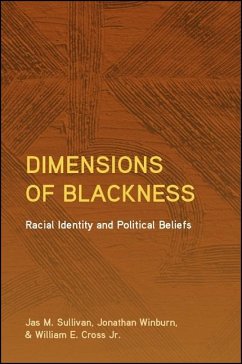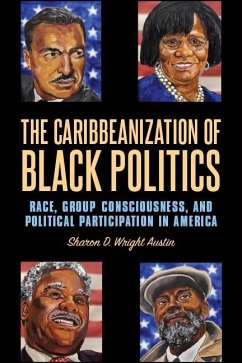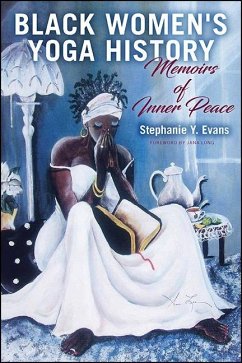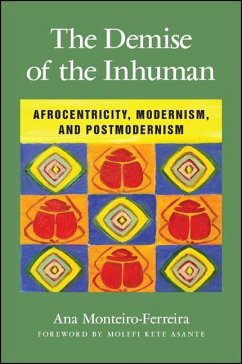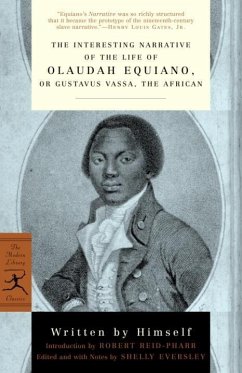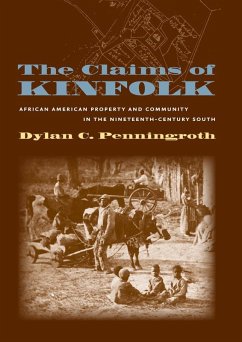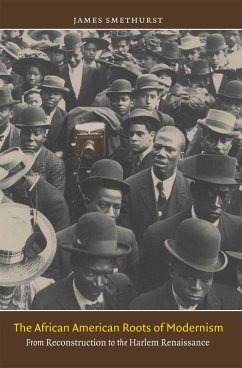
African American Coping in the Political Sphere (eBook, ePUB)
Versandkostenfrei!
Sofort per Download lieferbar
27,95 €
inkl. MwSt.
Weitere Ausgaben:

PAYBACK Punkte
14 °P sammeln!
Explores the influence coping has had on African Americans' political attitudes and behaviors.Psychosocial stressors are a part of the human condition. Individuals experience a myriad of stressors in their everyday lives, and, while many people experience some of the same types of stressors, responses and reactions to stressful life events, interactions, and situations often vary. Research has shown that these stressors often have negative effects on physical and mental health outcomes, among others. Thus, the way one copes with psychosocial stressors is important for explaining human behavior...
Explores the influence coping has had on African Americans' political attitudes and behaviors.
Psychosocial stressors are a part of the human condition. Individuals experience a myriad of stressors in their everyday lives, and, while many people experience some of the same types of stressors, responses and reactions to stressful life events, interactions, and situations often vary. Research has shown that these stressors often have negative effects on physical and mental health outcomes, among others. Thus, the way one copes with psychosocial stressors is important for explaining human behavior and variations across and within certain groups. For African Americans, there are added stressors that impact daily functioning, due to no fault of their own. These stressors include, but are not limited to, discrimination, microaggressions, and police brutality, as well as income, health, and education inequalities. Inspired by the John Henryism hypothesis and, more broadly, the research on John Henryism, African American Coping in the Political Sphere explores the influence coping has on African Americans' political attitudes and behaviors. Jas M. Sullivan and Moriah Harman reveal that coping plays a role in political outcomes just as it does in social, economic, psychological, and health outcomes. Consequently, coping offers insight into why some individuals believe and behave in the ways that they do in the political sphere.
Psychosocial stressors are a part of the human condition. Individuals experience a myriad of stressors in their everyday lives, and, while many people experience some of the same types of stressors, responses and reactions to stressful life events, interactions, and situations often vary. Research has shown that these stressors often have negative effects on physical and mental health outcomes, among others. Thus, the way one copes with psychosocial stressors is important for explaining human behavior and variations across and within certain groups. For African Americans, there are added stressors that impact daily functioning, due to no fault of their own. These stressors include, but are not limited to, discrimination, microaggressions, and police brutality, as well as income, health, and education inequalities. Inspired by the John Henryism hypothesis and, more broadly, the research on John Henryism, African American Coping in the Political Sphere explores the influence coping has on African Americans' political attitudes and behaviors. Jas M. Sullivan and Moriah Harman reveal that coping plays a role in political outcomes just as it does in social, economic, psychological, and health outcomes. Consequently, coping offers insight into why some individuals believe and behave in the ways that they do in the political sphere.
Dieser Download kann aus rechtlichen Gründen nur mit Rechnungsadresse in A, D ausgeliefert werden.




